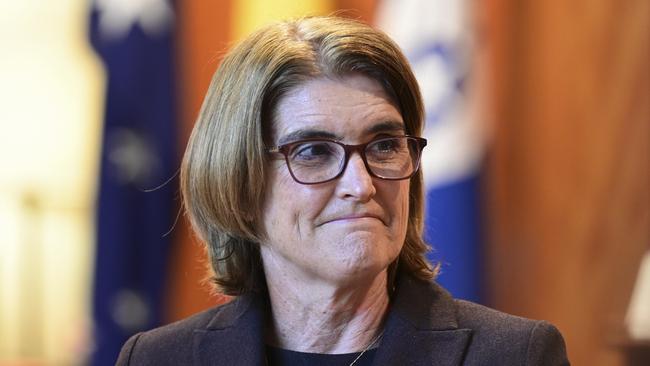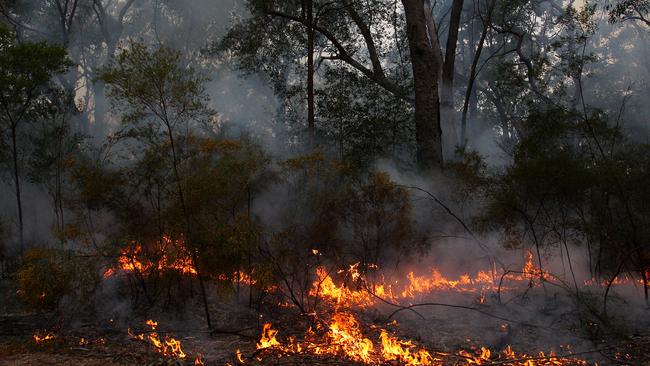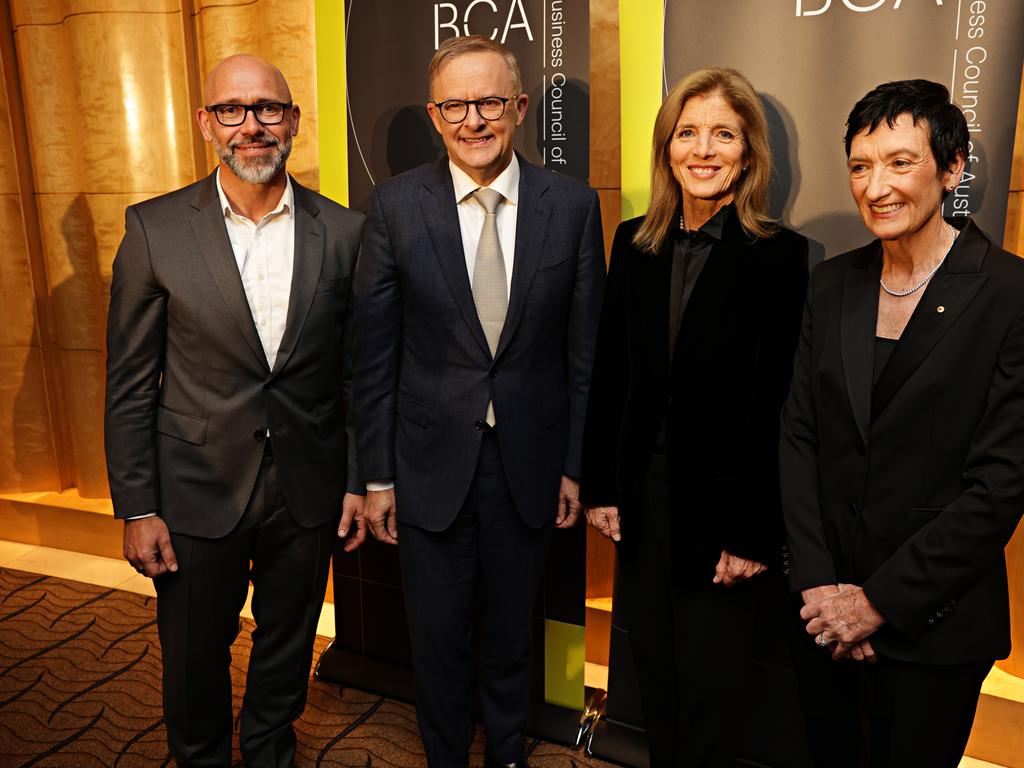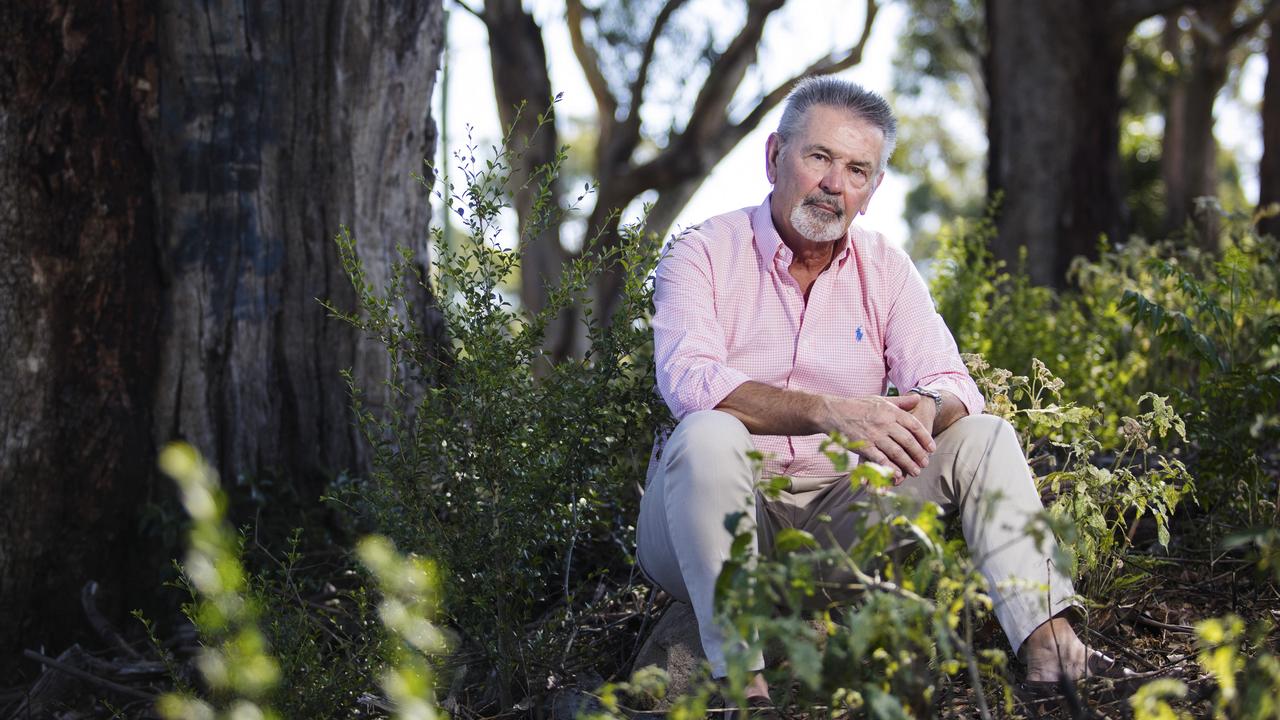Climate change to play key role in future interest rate hikes: new RBA boss Michele Bullock
The incoming RBA governor warns Australia’s pursuit of net-zero and the impacts of climate change will cause price volatility and disruptive structural economic changes.

Elevated power prices could escalate during the transition from fossil fuels to renewables, incoming Reserve Bank governor Michele Bullock has warned, with climate change increasingly becoming a key factor in setting interest rates as Australia pursues net zero emissions.
In a speech in Canberra on Tuesday evening, Ms Bullock also said a changing climate could lead to more price volatility and disruptive structural changes in the economy, making it more difficult to achieve the central bank’s mission of keeping inflation in the 2 to 3 per cent band.
After holding the cash rate target at 4.1 per cent at its past two monthly meetings, the RBA board will confer on monetary policy on Tuesday, the final time outgoing governor Philip Lowe will chair the gathering.
Ms Bullock, whose seven-year term begins on September 18, said price growth remained too high and her top priority would be to return inflation to target.
The deputy governor also said RBA analysis of how climate change could affect the banking sector found about 7.5 per cent of Australian properties are in postcodes that could suffer property price falls by 5 per cent or more by 2050 due to climate change.
Ms Bullock said climate change and the actions taken in response would have broad-ranging implications for the economy, the “natural interest rate”, the financial system and society at large, with more severe weather events affecting productivity, employment and project risk.
“The implications of the transition for the economy will depend on the specific policy measures put in place, changes in consumer preferences, the availability of technologies, and the timing and speed of the process,” she said in the ANU’s Sir Leslie Melville Lecture in Canberra
“The phase-out of carbon-intensive production may reduce aggregate supply temporarily.
“But investment in alternative production methods will boost aggregate demand.
“Depending on how this transition plays out, if the net effect is to temporarily lower aggregate supply, this would put upward pressure on inflation.”
Jim Chalmers described Ms Bullock’s speech as “an important contribution from the incoming RBA governor on the impact of climate change on the economy and financial market stability”.

“As the Intergenerational Report made clear, climate change and the energy transformation will be the biggest challenge and also the biggest opportunity for our country in the decades ahead,” the Treasurer said.
The Albanese government has pledged to reduce greenhouse gas emissions by 43 per cent of 2005 levels by 2030, with renewable sources responsible for 82 per cent of generation.
Ms Bullock said climate risks would affect the economy through several channels. “Hotter temperatures and more extreme weather will disrupt businesses, damage property and lower productivity growth,” she said. “Actions taken to reduce emissions may present adjustment costs, but they will also present opportunities. Indeed, while there is much uncertainty in this area, there is general agreement that a timely and orderly transition will be the less costly approach in the long run.”
Ms Bullock said about 150 countries – which make up 92 per cent of global GDP and contribute 88 per cent of total emissions – had now pledged to reach net zero. If supply shocks from climate change become more frequent, severe or protracted, she said “prices could become more volatile or, if there are persistent adverse effects on productive capacity, remain higher for longer”.
“The longer inflation is allowed to remain high, the greater the risk that expectations will drift higher, and the greater the real economic costs will be of bringing inflation back down,” Ms Bullock said.
“Turning to transition risks, mitigating climate change by putting in place policies to reduce emissions will impact the prices faced by households and businesses. This will lead to structural shifts in output and employment as some carbon-intensive economic activities become unprofitable and others eventually take their place. How smoothly these changes occur will be important context for monetary policy.”

Ms Bullock noted that, globally, “policies are being put in place to lower emissions which will make it more expensive to use fossil fuels to produce electricity”.
“Coal-fired power plants are scheduled to be shut down over the next three decades,” she said.
“This could put upward pressure on energy prices if coal plant closures are not matched by renewables supply and storage.”
Ms Bullock said the extent of investment required in renewables was uncertain because it depended on the pace and ambition of Australia’s transition path and because the costs for inputs could change considerably over time.
She noted new technologies would also likely emerge that could reduce costs and increase efficiencies. “It is important to note that Australia’s transition will occur in the context of the global transition – with all countries drawing on similar materials and labour skills – and at an increasing pace,” Ms Bullock said.
“To achieve net-zero emissions globally, the International Energy Agency estimates that by 2030 annual investment in clean energy will have to be running at around three times the current pace – which has already increased substantially in recent years. If realised, this is expected to have some sizeable and possibly volatile effects on overall inflation.”
Retail electricity and gas prices account for about 3 per cent of the consumer price index basket.
“There are also indirect effects, as businesses can be expected to gradually pass on higher energy costs to the prices consumers pay for goods and services,” Ms Bullock said. “So how the transition plays out for energy prices is going to be an important consideration for monetary policy over coming years.”
Ms Bullock said to capture the risks to residential housing, RBA staff measured the expected increase in insurance costs due to climate-related damage – such as more frequent flooding and more damaging cyclones – which were translated into housing price falls.
But the overall risk from this to the banks was not large, given the geographic concentration and relatively small number of affected properties compared with the size of their lending books.
In April, the RBA review recommended the central bank should continue to incorporate climate risks into analysis of the macroeconomy and financial system but the transition to a low carbon economy should not be an objective for monetary policy.








To join the conversation, please log in. Don't have an account? Register
Join the conversation, you are commenting as Logout